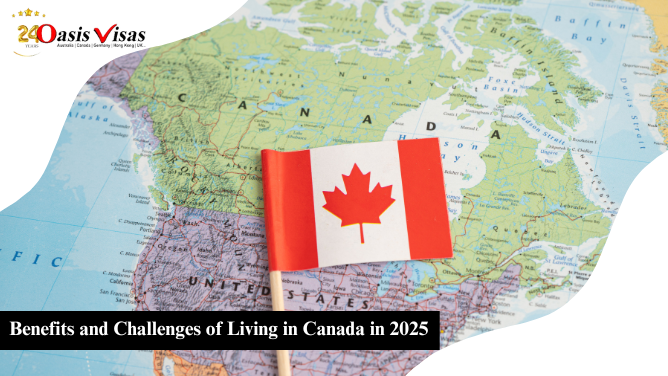
3 Provinces Invited Candidates In the Latest PNP Draws This Week, Manitoba, British Columbia, and Ontario namely were the three provinces.
To select the economic immigration candidates that the provinces feel have the best chance to establish themselves economically, settle in the province and contribute to the economy of the province, all the provinces and territories of Canada operate their own PNPs, except for Quebec and Nunavut.
Total autonomy is provided by the federal government to Quebec total autonomy over all its immigration programs because of its unique agreement. 117,500 permanent residents admitted to Canada via PNP per year by 2025 is the new target set by Immigration Levels Plan, more so than Express Entry (114,000).
Showcasing the Ability to Become Established Economically
To get status as a permanent resident of Canada, a PNP candidate must apply to Immigration, Refugees and Citizenship Canada (IRCC) after receiving a provincial nomination.
Three main criteria that IRCC use when evaluating a permanent residence application are the ability to become economically established in Canada, intention to reside in the province and territory from where they got their nomination, and being named in a nomination certificate issued by the government of a territory and province.
The application for the provincial nomination and the one for permanent residence often have overlapping information so getting nominated by a province is considered enough to demonstrate the ability to become economically established in most instances.
Sometimes though, additional questions can be raised by IRCC regarding candidates relying exclusively on financial aid from a family member and perceived skills mismatch with a job offer or candidate’s job. It can affect the candidate’s demonstrated intention to reside in the nominating province. The Will to live and work in the province of nomination should be proven by a PNP participant. To address these concerns, candidates can be invited if IRCC has reason to question his/her intent.
Provincial Immigration Results April 8-14
Manitoba
566 candidates were invited by Manitoba through the three streams of the Manitoba Provincial Nominee Program (MPNP) on April 6. 157 candidates among them came from Express Entry. Two separate draws were held through the Skilled Workers stream. The first one was a targeted draw for service supervisors and retail sales in which 225 candidates were invited with a cut-off score of 615.
With minimum scores of 670, 226 candidates were invited to the second skilled worker draw from all occupations. Through the International Education stream, 61 candidates were invited by the province and 54 Skilled Worker Overseas candidates were invited through a Strategic Recruitment Initiative, 708 was the cut-off score.
British Columbia
85 was the cut-off score required by the 99 candidates who were invited by British Columbia, through the international graduate and skilled worker streams of the British Columbia Provincial Nominee Program (BC PNP) in a draw that targeted tech occupations.
Two other targeted draws were held on April 11. With a minimum score of 60, 25 early childhood educators and assistants (NOC 42202) were invited by the first draw. A minimum score of 60 was needed by 8 candidates with healthcare occupations who were invited in the second draw.
Ontario
A minimum score of 30 is needed by the candidates under Employer Job Offer: In-Demand Skills stream draw, a total of 295 candidates were invited by Ontario on April 11. It was a general draw, so no specific occupation was targeted. Through the Ontario Immigrants Nominee Program (OINP), the number of skilled immigrants who come to the province is about to be doubled by Ontario as announced recently by the province.
To address labour shortages and contribute to economic growth, $ 25 million is about to be invested by the province over the 3 years as stated by the provincial government. Ontario is expecting to welcome 18000 newcomers through the PNP by 2025. Express Entry and PNP are two major ways for permanent residency.









